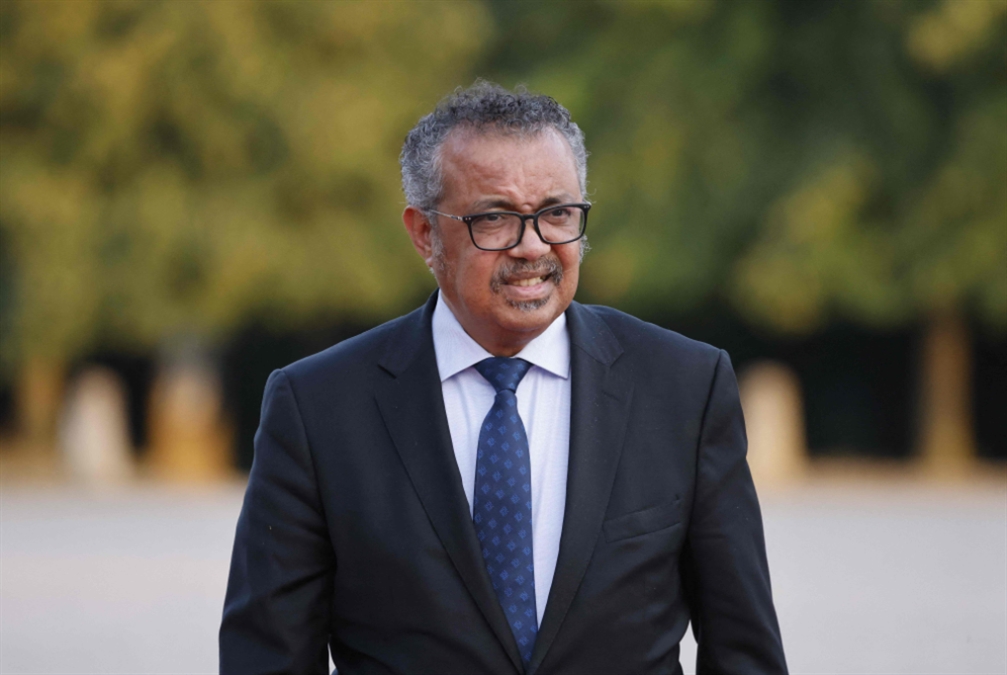He said: “I need your advice to assess the public health implications of this outbreak in the short and long term,” expressing his “concern” about the spread of the disease.
Ghebreyesus is responsible for the possibility of declaring a Public Health Emergency of International Concern, which is the WHO’s highest alert level based on the committee’s recommendations.
He urged the experts to give him “the information and advice necessary to make a decision”, in his “full understanding” that it “involves the consideration of many factors with the ultimate goal of protecting public health”.
The World Health Organization confirmed to AFP that the meeting has begun and is expected to last several hours.
This emergency committee will be tasked with assessing the epidemiological numbers, although the situation has worsened in recent weeks, with more than 15,300 injuries reported in 71 countries, according to data released by US Centers for Disease Control and Prevention (CDC).
At their first meeting on June 23, most experts recommended that Tedros not declare a public health emergency of international concern.
Since the first cases of monkeypox were detected in early May, the epidemic began to spread beyond the countries of Central and West Africa, where the virus is endemic. Then it spread around the world, focusing on Europe.
Monkeypox, which was discovered in humans in 1970, is less dangerous and contagious than smallpox, which was eliminated in 1980. According to the World Health Organization, in most cases, those infected are homosexual, relatively young and live mainly in city.
“This mode of transmission provides an opportunity for targeted public health interventions and presents a challenge as affected communities face deadly discrimination in some countries,” said Tedros.
And he warned that “there is a real concern that MSM will be discriminated against or blamed for the high number of infections, making it difficult to track and stop outbreaks.”
Spain was the hardest hit with 3125 injuries, followed by UK (2137), Germany (2110), USA (1965), France (912), Netherlands (656), Canada (604), Portugal (515). ), Brazil (384) and Italy (374).
WHO works closely with civil society and the LGBTI (lesbian, gay, bisexual, transgender, transgender, intersex and transgender) community to promote awareness of the disease, in particular to organize LGBT pride festivals and parades.
The UN Health Agency is working with Member States and experts to promote research and development on the virus.
And the Danish company Bavarin Nordic, which is the only laboratory producing a licensed monkeypox vaccine, announced on Tuesday that it had received an order for 1.5 million doses, most of which will be delivered in 2023, from a unnamed European country. while the United States requested an additional 2.5 million doses.
Source: Al-Akhbar
